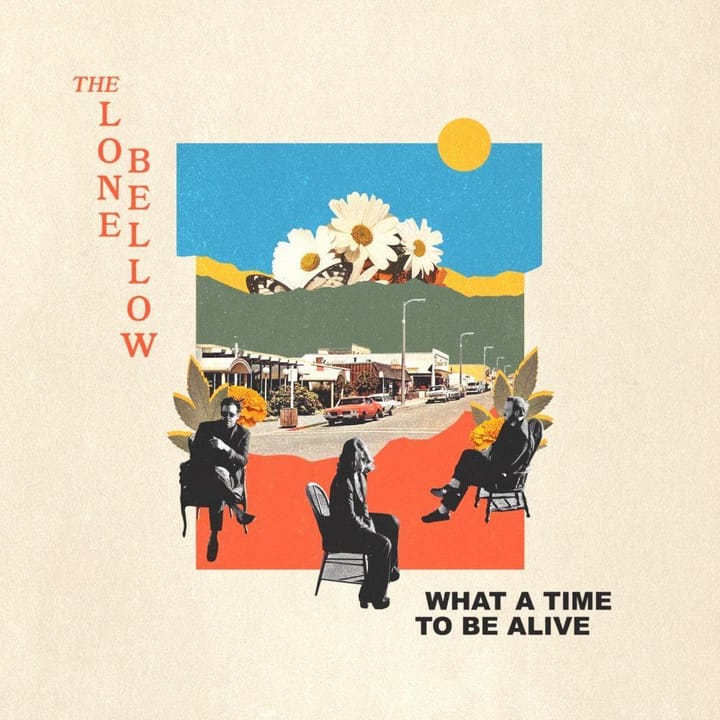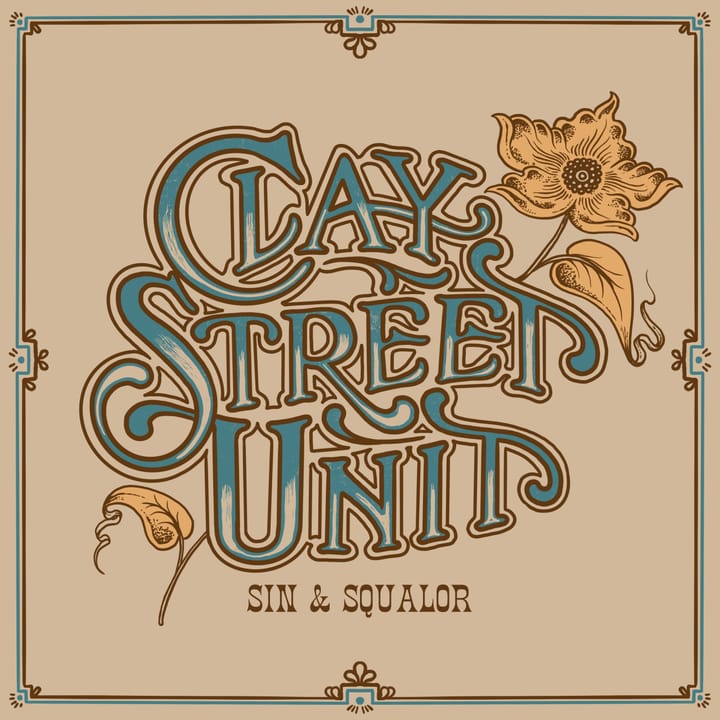At first glance, you might consider these guys the Triple-A Wilburys. It's surprising that Jules Shear, Chuck Prophet, Jim Dickinson, Harvey Brooks, Winston Watson, Sean Slade and Paul Q. Kolderie all know each other, let alone are playing together. Yet these Raisins gathered amid the sun of Tucson -- crossing boundaries of geography, generation and musical category -- to generate ten tracks of spontaneously combustive material that sounds less like a sampler of disparate styles than a band firing on all cylinders.
The results occasionally remind of the spirit of The Basement Tapes, when Dylan and band (before it became The Band) sequestered themselves, turned on the tape and let 'er rip. They collaborated without rules, roles or preconceptions, as if everything were riding on the results (going for broke, letting the chips fall where they may), but nothing really mattered (because nobody outside the room might ever hear this music anyway).
No, Tucson isn't Woodstock, the late '90s weren't the late '60s, and neither Shear nor Prophet is Bob Dylan (though both attempt passable imitations on the album-opening "All The Way"). Even so, the dynamic here is as different from that of a Shear or Prophet album as "Please Mrs. Henry" is from "Desolation Row", with the musicians tapping into the most vital strains of roadhouse roots, garage-band rock and cantina balladry.
Maybe they should have titled this album The Resurrection Of Harvey Brooks. The bassist on two of the most significant '60s musical milestones -- Dylan's Highway 61 Revisited and Miles Davis' Bitches Brew -- teams with session drummer Watson to forge the indelible grooves on which the project pivots. From the ferocious swagger of "Chicken Fried" to the pre-punk assault of "Post Apocalyptic Observations" to the cinematic twang of "Glenn And Stone" (the street corner of the studio were the sessions took place), the rhythm section isn't merely the music's base but the driving force.
As pop's prince of literate angst, Shear has written hits for the Bangles and Cyndi Lauper (and inspired a vindictive song cycle by his former girlfriend, Aimee Mann). Here he benefits from the opportunity to loosen up, on material that seems to reflect first instinct rather than days of polish; his call-and-response with Prophet on the sexy funk of "Candy From A Stranger" has the friskiness of a couple of barflies on the make.
Because everything is credited collectively -- from songwriting to production -- it's hard to tell who did what. Both the bittersweet piano fills on "Old Times Again" and the pedal-to-the-metal urgency of "Post Apocalyptic Observations" likely come from Dickinson -- whose resume includes piano on the Stones "Wild Horses", production of the Replacements, Big Star and Ry Cooder, and patriarchy of the North Mississippi All Stars. (He also produced Prophet in Green On Red.) Further outside the associative loop are Boston's Kolderie and Slade, whose studio credits extend from Juliana Hatfield to Hole to Radiohead, as well as their production of Uncle Tupelo's No Depression and Still Feel Gone.
After recording without premeditation, the Raisins likely proceed without much expectation. These veterans aren't about to climb in a van and hit the couch circuit, or shove the Backstreet Boys off the cover of Rolling Stone. Yet it would be a shame if this album were a one-shot fluke, since, individual histories aside, this is the freshest new band I've heard in ages.




Comments ()